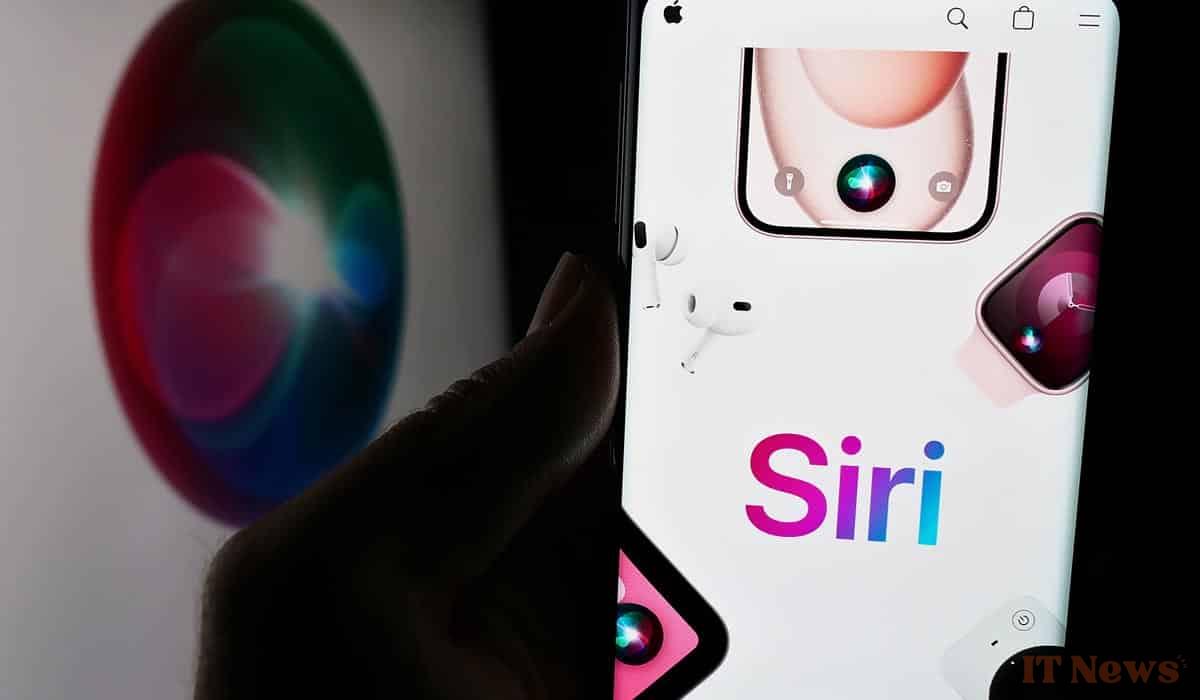The long-awaited evolution of Siri will have to wait. Apple has officially pushed back the launch of new features of its voice assistant, initially planned for this spring, to next year.
An ambitious overhaul for a smarter Siri
Last year, at the Worldwide Developers Conference (WWDC), Apple unveiled the major advances in Siri, powered by its Apple Intelligence program. The assistant was supposed to benefit from improved contextual understanding and smoother integration with applications, allowing, for example, lunch to be organized as soon as a flight lands.
Another key focus of this update: personalization. By exploiting users' habits and preferences, Siri was supposed to become more intuitive and responsive to individual needs. A strong ambition, hampered by technical obstacles that seem to have forced Apple to revise its schedule.
A revealing delay compared to the competition
In a market where ChatGPT, Google Assistant, and Alexa are constantly pushing the boundaries of conversational AI. This delay highlights Apple's challenges in the race for innovation. While its competitors are already integrating advanced language models that offer more natural interactions, Siri is struggling to catch up.
This slowness could reinforce the idea that the Cupertino company is approaching AI with excessive caution. Apple, true to its commitment to privacy, is banking on in-house development to ensure total control over data, unlike other players more inclined to rely on open models. But this approach, however secure it may be, considerably slows down progress.
Technical and strategic challenges to overcome
Improving Siri is not limited to a simple increase in algorithmic power. To transform the assistant into a true digital companion, Apple must achieve a technological feat: analyzing the user's habits in real time, without compromising confidentiality. A delicate equation to solve, especially since the company opts for local data processing on its devices rather than on remote servers.
Another major challenge: voice interaction. Apple is looking to make Siri more fluid, more proactive and more relevant, but these improvements require sophisticated integration between hardware and software. The slightest latency or inconsistency could harm the user experience, something Apple cannot afford.
A risky, but strategic bet
By delaying the deployment of Siri's new features, Apple is taking the risk of seeing its voice assistant lose even more ground to the competition. But this delay can also be interpreted as a sign of rigor: rather than delivering an unfinished update, the company prefers to refine its product.
WWDC 2025 could be the scene of a more successful announcement, where Apple will finally demonstrate that quality and innovation are not incompatible with respect for privacy. In the meantime, artificial intelligence continues to redefine digital uses... without Siri at the forefront.



0 Comments